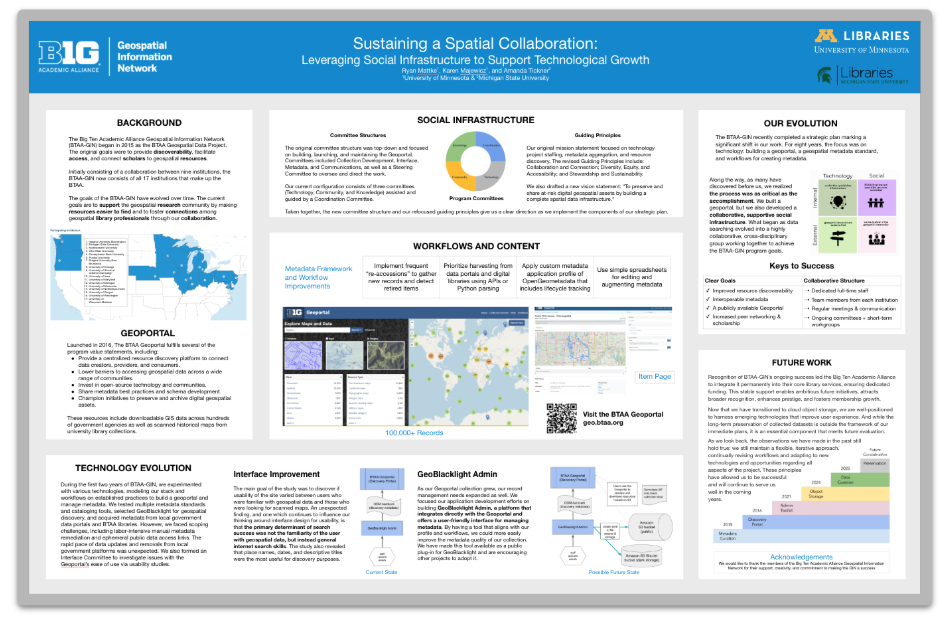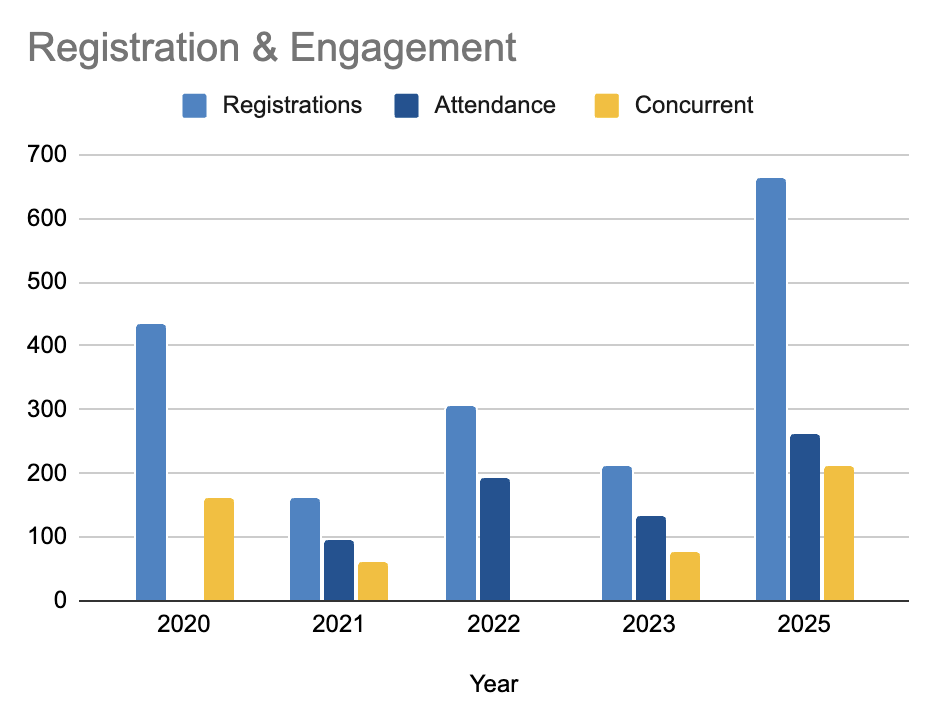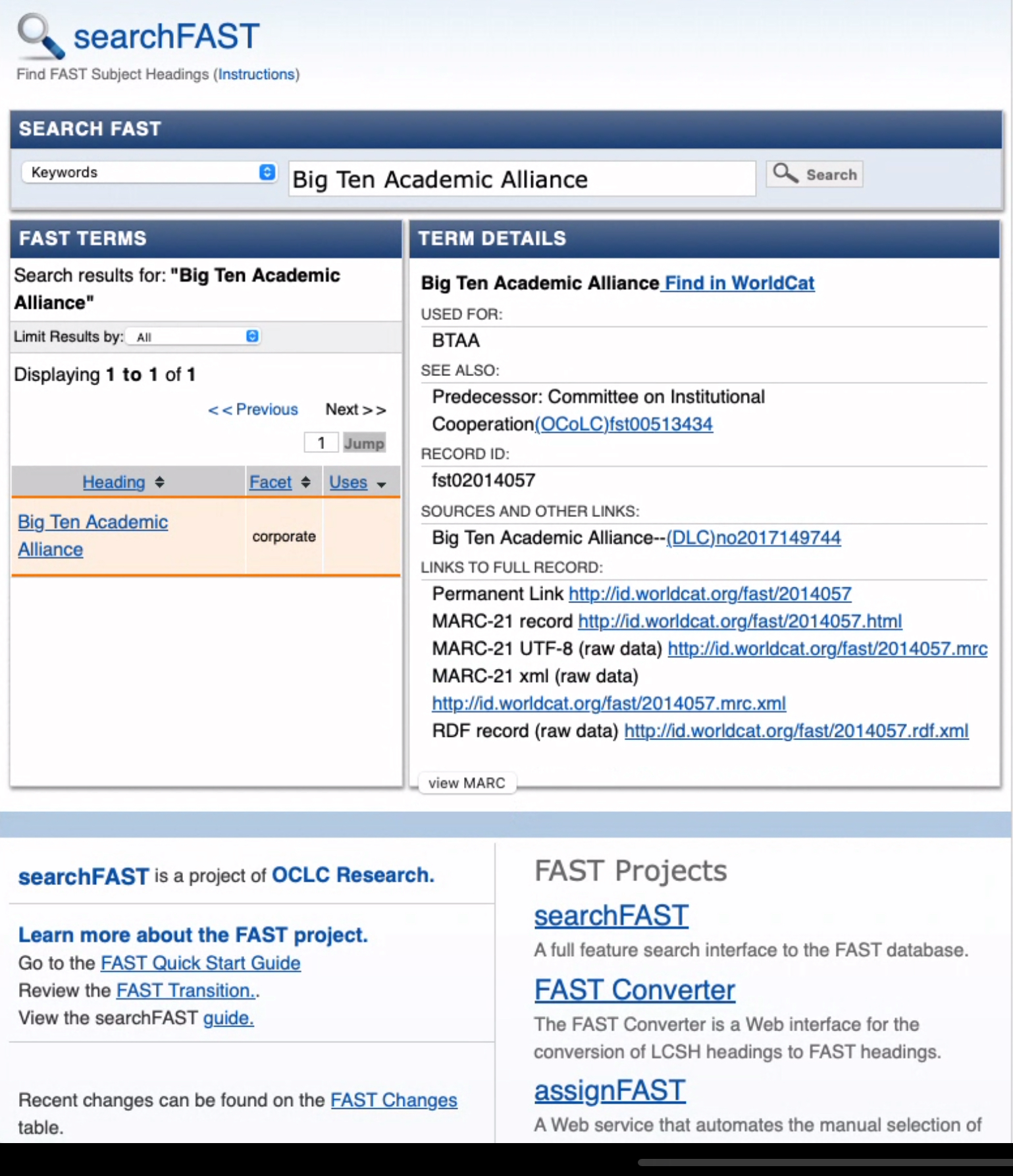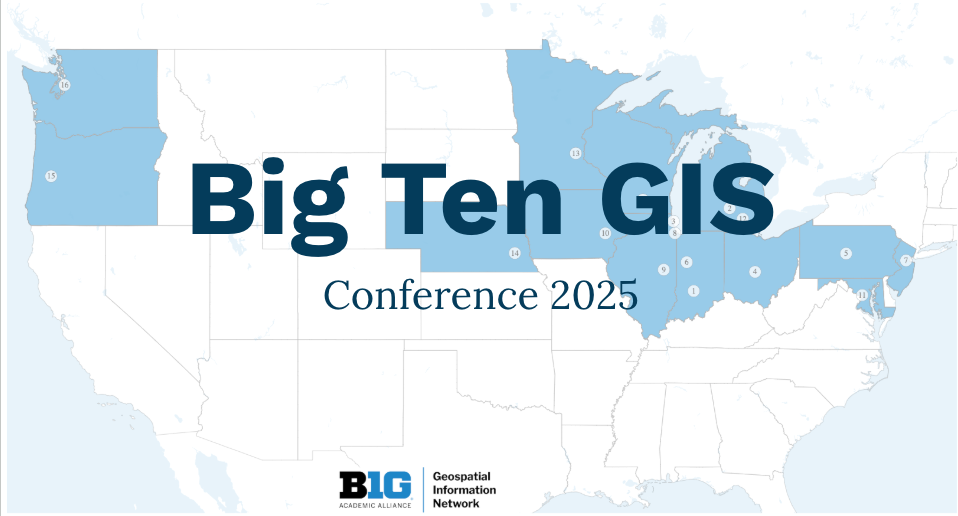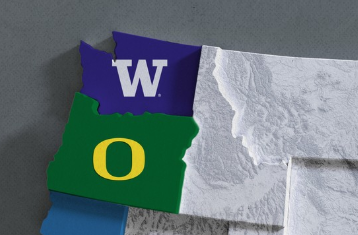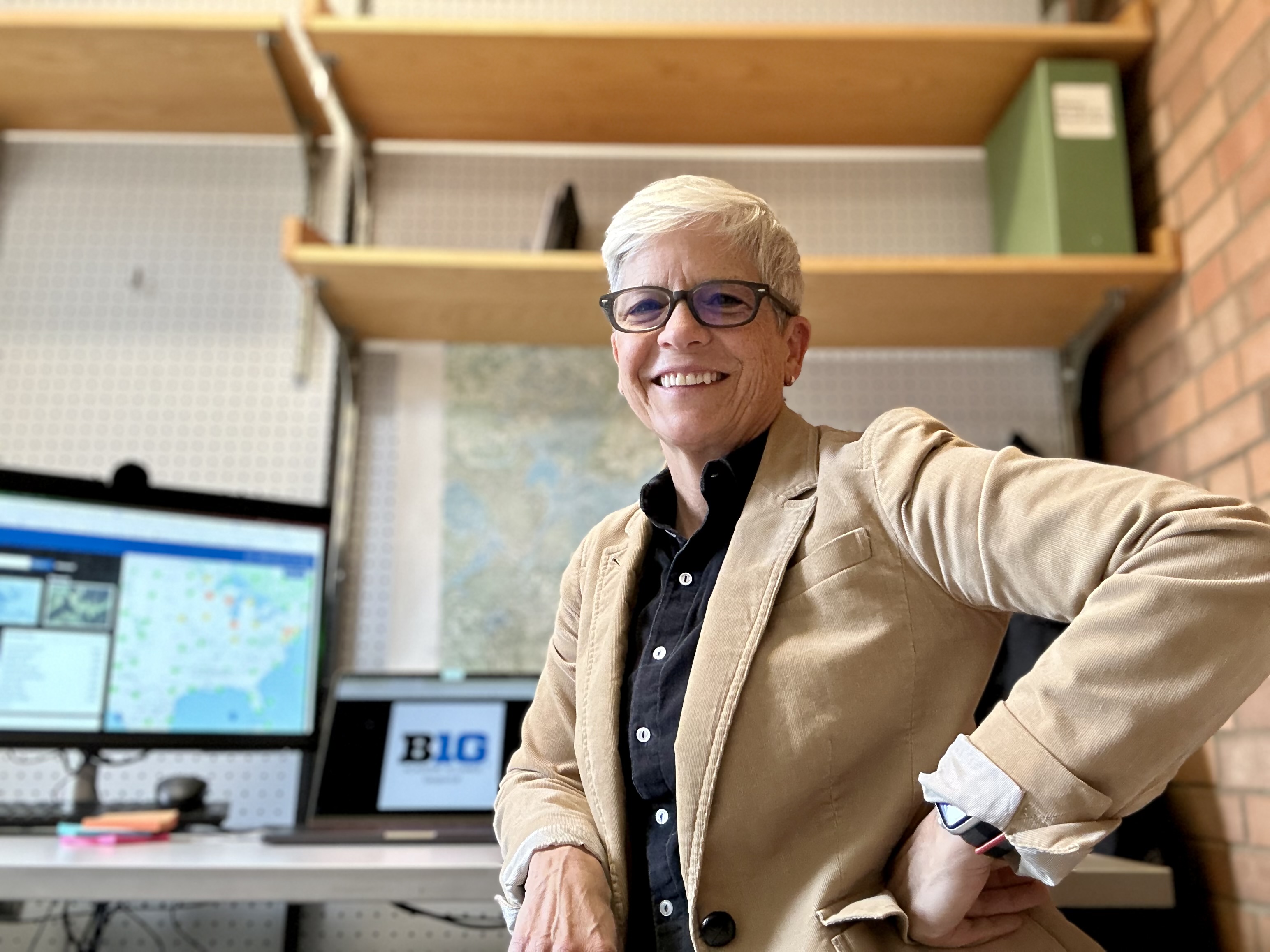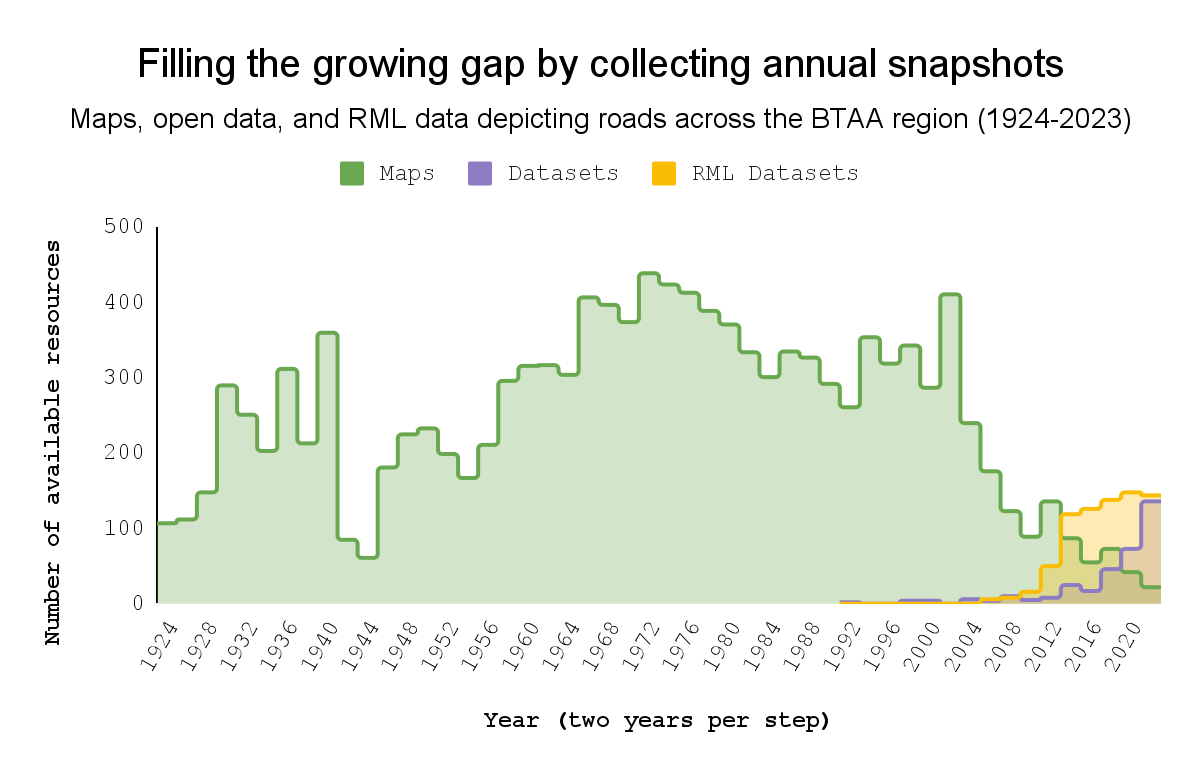June 2025 Program Status Update
Geo4LibCamp 2025: Reimagining Community and Technology in Geospatial Libraries
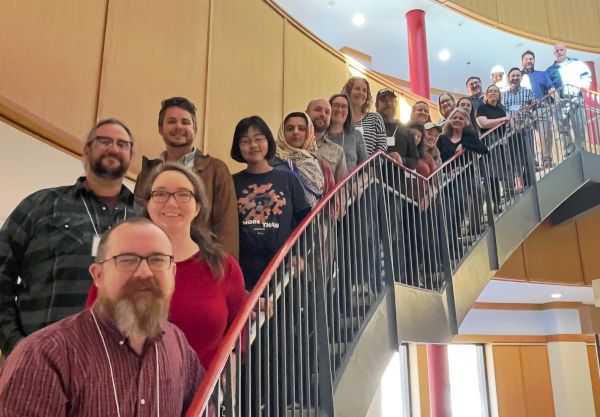
Held in May at the University of Minnesota, Geo4LibCamp 2025 convened over 20 software developers, librarians, curators, researchers, and administrators to share strategies and tools shaping the future of geospatial data services. This year marked a turning point—not just in technology, but in redefining the community’s scope, structure, and identity.
